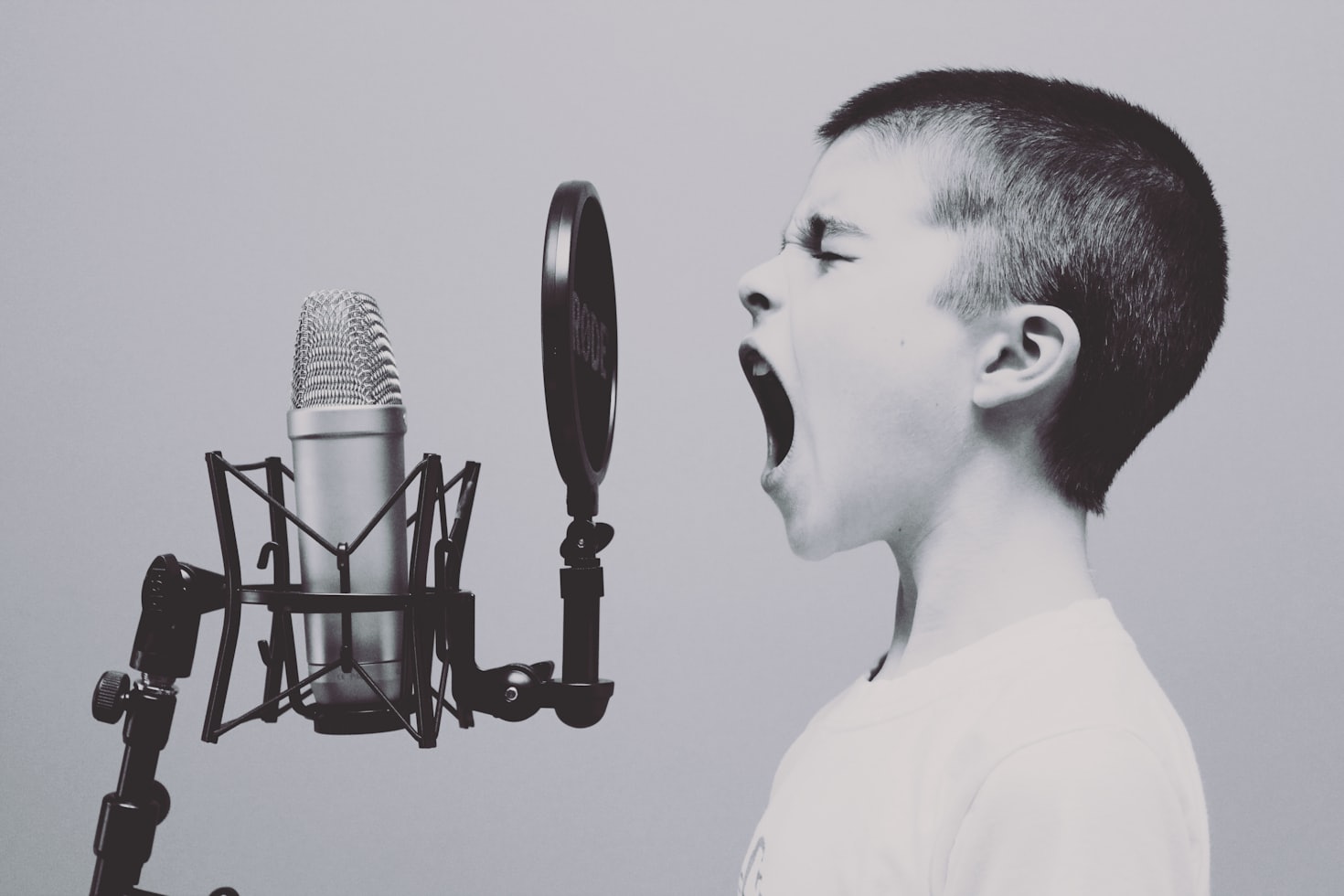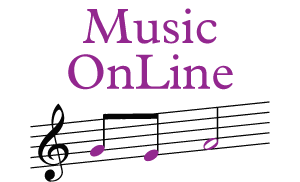Digital learning is perfect for music students because it offers unparalleled flexibility and accessibility. With online resources, students can learn at their own pace, revisiting complex concepts or techniques as needed. The integration of technology in music education also enhances motivation; interactive apps and platforms make learning engaging and fun.
Digital innovation allows students to collaborate with peers and instructors from around the world, expanding their musical horizons. Furthermore, the availability of high-quality instructional videos and tutorials means that students can learn from industry professionals and experienced musicians. Overall, the blend of technology and creativity fosters a more dynamic and personalized learning experience, ultimately empowering students to reach their musical goals.
Digital learning is perfect for music students for several reasons. Firstly, it offers unparalleled access to a wealth of resources, including online tutorials, masterclasses, and virtual instruments. This abundance of information allows students to learn at their own pace and revisit complex topics whenever necessary. Additionally, digital platforms facilitate collaboration with peers and instructors from around the world, creating a diverse learning environment.


Motivation is also a key factor; students can engage with interactive tools, gamified learning experiences, and online communities that inspire creativity and foster a sense of belonging. Digital innovation has transformed the way music is composed, produced, and shared, enabling students to experiment with cutting-edge technology. For instance, software like DAWs (Digital Audio Workstations) allows for instant feedback and revision, enhancing the learning process.
Moreover, the ability to access high-quality recordings and performances online helps students understand different styles and techniques. The flexibility of digital learning caters to various learning styles, making it easier for students to find methods that resonate with them. Ultimately, embracing digital learning can empower music students to develop their skills more effectively and adapt to the constantly evolving music industry.
Wrapping Up with Key Insights
Music serves as a universal language that transcends cultural barriers, allowing people to connect and express emotions. The evolution of music genres reflects societal changes and technological advancements, influencing how we consume and create music today. Streaming platforms have revolutionized the music industry, providing artists with new opportunities for exposure while also presenting challenges in monetization. Live performances continue to play a crucial role in the music experience, fostering community and shared enjoyment. Overall, music remains a vital aspect of human experience, shaping identities and cultures around the world.



Leave a Reply